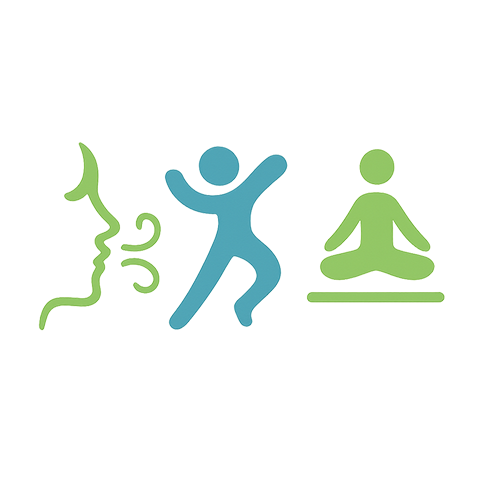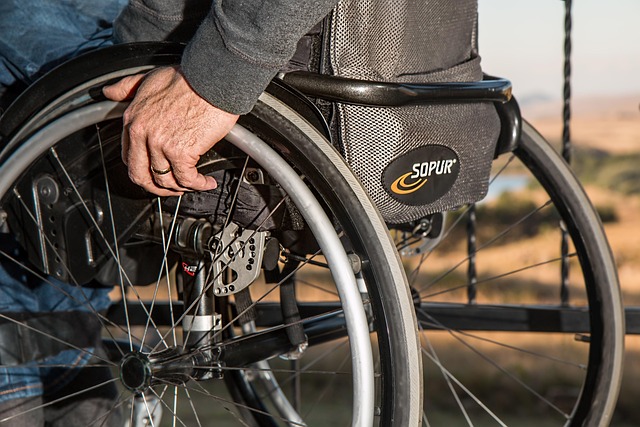In today’s fast-paced world, embracing adaptive responses in fitness, training, health, and activity is essential for anyone looking to cultivate strength, both physically and mentally. Adaptive responses are the body’s remarkable ability to adjust to various stressors, whether they be physical, emotional, or environmental. This inherent versatility is what makes us human and plays a significant role in our personal development and fitness journey.
When it comes to fitness, understanding how your body adapts to different workouts can significantly impact your results. Every time you push your limits, you’re not just testing your strength; you’re training your body to respond more efficiently. For instance, incorporating resistance training and high-intensity interval training (HIIT) stimulates muscle growth and fat loss. As you continue to challenge yourself, your body learns to adapt, transforming workouts into a platform for strength development.
Training is not just about lifting weights or running miles; it’s also about recognizing the signals your body sends you. If you’re feeling fatigued, that may be your body’s way of telling you to rest and recover. Acknowledging these signs and responding accordingly allows you to build a sustainable training regime that prioritizes long-term growth over temporary gains. Combining various forms of training can also enhance adaptive responses, keeping your body guessing and engaged in the process.
Moving onto health, the concept of adaptive responses extends beyond the gym and encompasses our lifestyle choices. Nutrition plays a critical role in how well our bodies can adapt. Eating a balanced diet rich in macronutrients and micronutrients provides the necessary fuel for recovery and performance. As you adapt to healthier eating habits, you’ll notice improvements in your energy levels, mental clarity, and overall well-being. When you prioritize what you eat, you’re effectively training your body to thrive on quality fuel.
Lastly, activity is a vital part of fostering adaptive responses. Regular movement not only builds physical strength but also enhances mental resilience. Engaging in a variety of activities—from yoga to dance, hiking to cycling—helps your body adapt to various demands. This variety keeps your fitness routine fresh and exciting while encouraging a state of optimal health. Additionally, being active in different environments, whether it’s a gym, a park, or your living room, teaches your body to adapt to variable conditions, thereby enhancing its functionality.
Incorporating adaptive responses into your fitness and training regimen opens up a world of possibilities, promoting a lifelong journey of strength and health. By being attentive to your body’s responses and making informed choices, you’ll not only foster physical strength but also develop a resilient mindset. So, embrace the changes, celebrate progress, and enjoy the ride that is your unique fitness journey!



